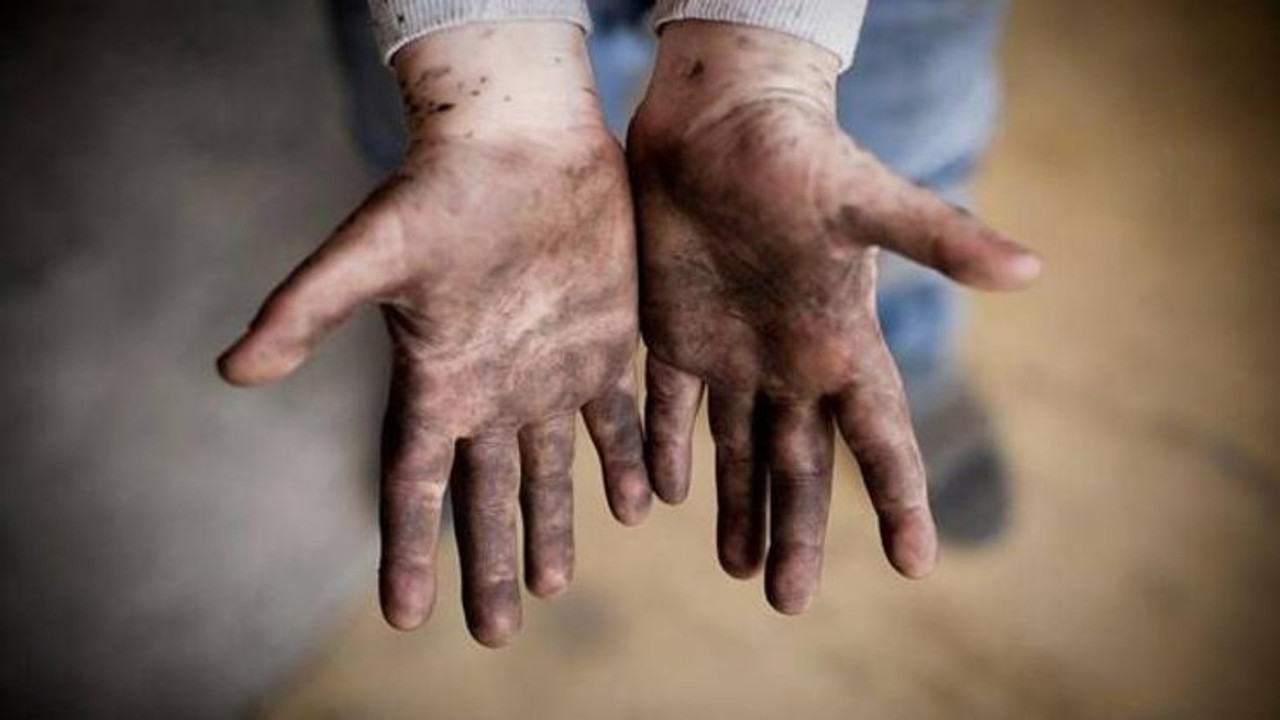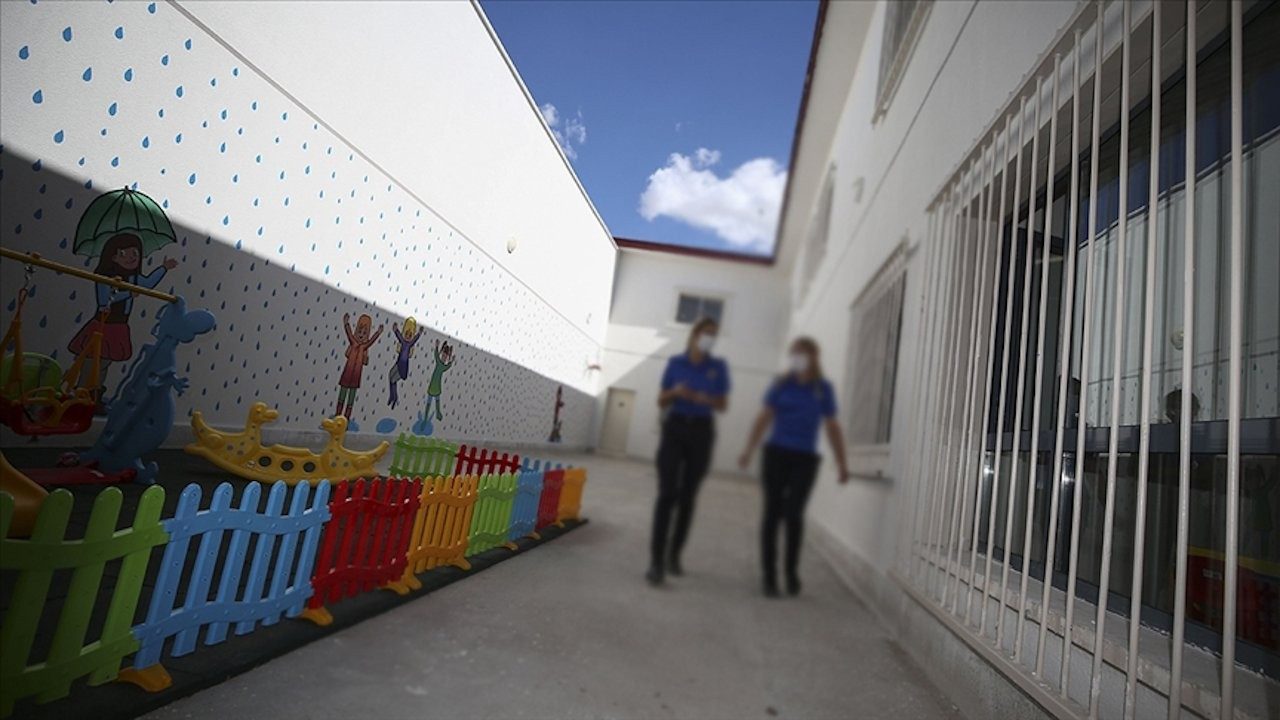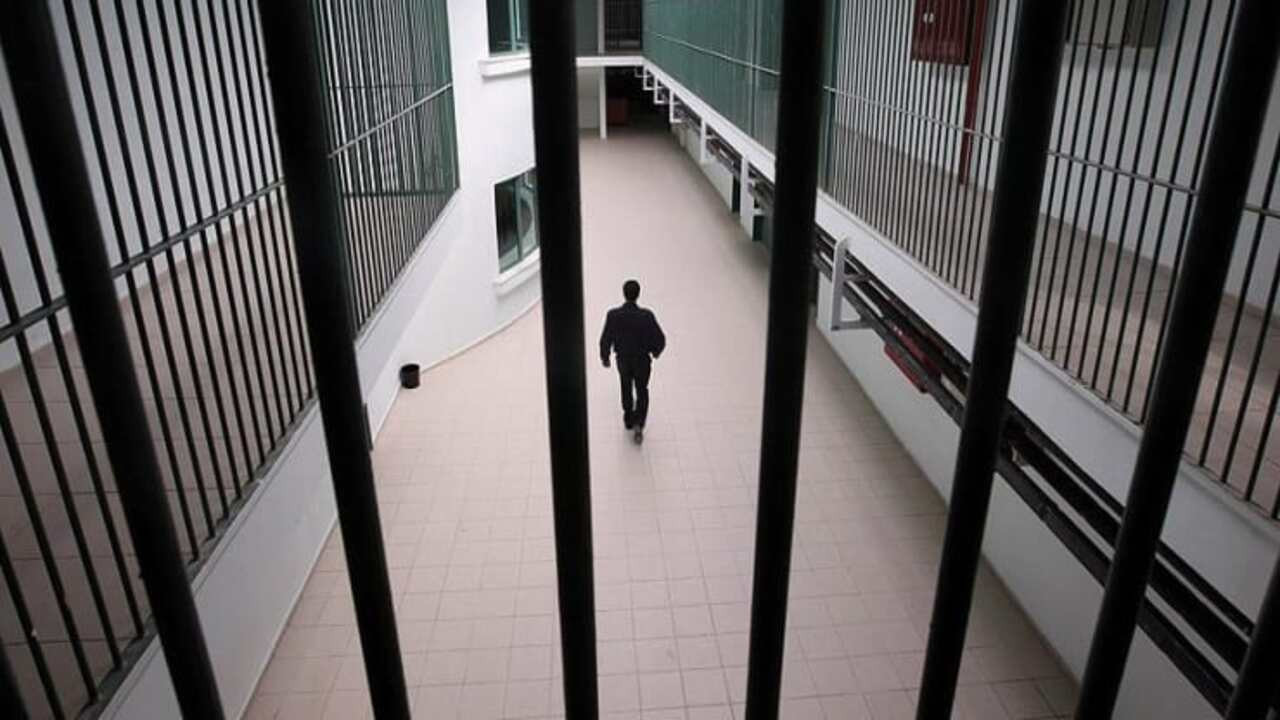National Children’s Day in Turkey: Over 500 children aged 0-6 behind bars
DEVA Party Deputy Chair Elif Esen visited Turkey’s infamous Silivri and Sincan prisons as part of National Children’s Day, shedding light on the situation of the 552 children incarcerated with their mothers.
Ceren Bayar / Gazete Duvar
As Turkey commemorates National Sovereignty and Children’s Day on April 23, 552 children between the ages of 0-6 are residing in prisons across the country with their mothers, 2023 figures from the Justice Ministry show.
Elif Esen, deputy chair of the oppositional Democracy and Progress (DEVA) Party, took the occasion to visit children in Ankara’s Sincan and Istanbul’s Silivri prisons.
Despite efforts to provide services and basic amenities such as playgrounds in prison, Esen described the situation as undesirable for children.
“Children are imprisoned with their mothers. It is a prison environment, no matter what. Maybe the mothers deserve this sentence, but the children do not deserve it,” Esen said, adding the children’s necessity to celebrate freedom outside the prison walls on April 23, much like their peers.
Under current regulations, children can remain with their incarcerated mothers until they reach the age of six, Esen remarks, noting that if the father is also locked up in the same prison, arrangements exist for the father to see the child.
However, after the age of six, the mother may propose relatives to care for the child, with government support available for those who take on this responsibility.
If no relative is available, the Family and Social Services Ministry takes care of the child’s needs and education.
Yet, many women are uninformed of these regulations, according to Esen. “I have seen that women in prison are unaware of this support. Only one woman heard about it on television, and she does not know what to do.”
Besides custody regulations, Esen further highlighted a shortfall in knowledge regarding breastfeeding rights.
“The right to breastfeeding was six months before a legislative change, but it now has been raised to 18 months. I saw that they were unaware of this,” Esen said, adding that some mothers demand that the period be extended to two years.
Furthermore, mothers in prisons such as Silivri and Sincan face challenges in accessing educational resources for their children due to their remote locations, making it challenging to secure instructors, Esen remarked.
Moreover, the state needs to step in with preventive measures to break the cycle of deprivation that leads women and children into incarceration.
“If we cannot break this cycle of poverty and deprivation with protective and preventive measures, we cannot protect our children. Prisons will continue to fill up,” Esen said.
(English version by Wouter Massink)

 Turkey National Children’s Day: Child labor rate rises to 22 pct in 2023Human Rights
Turkey National Children’s Day: Child labor rate rises to 22 pct in 2023Human Rights With more children in jails, Turkish government announces 'prison playground' projectHuman Rights
With more children in jails, Turkish government announces 'prison playground' projectHuman Rights Some 552 children aged 0-6 incarcerated with their mothers in Turkish jailsHuman Rights
Some 552 children aged 0-6 incarcerated with their mothers in Turkish jailsHuman Rights